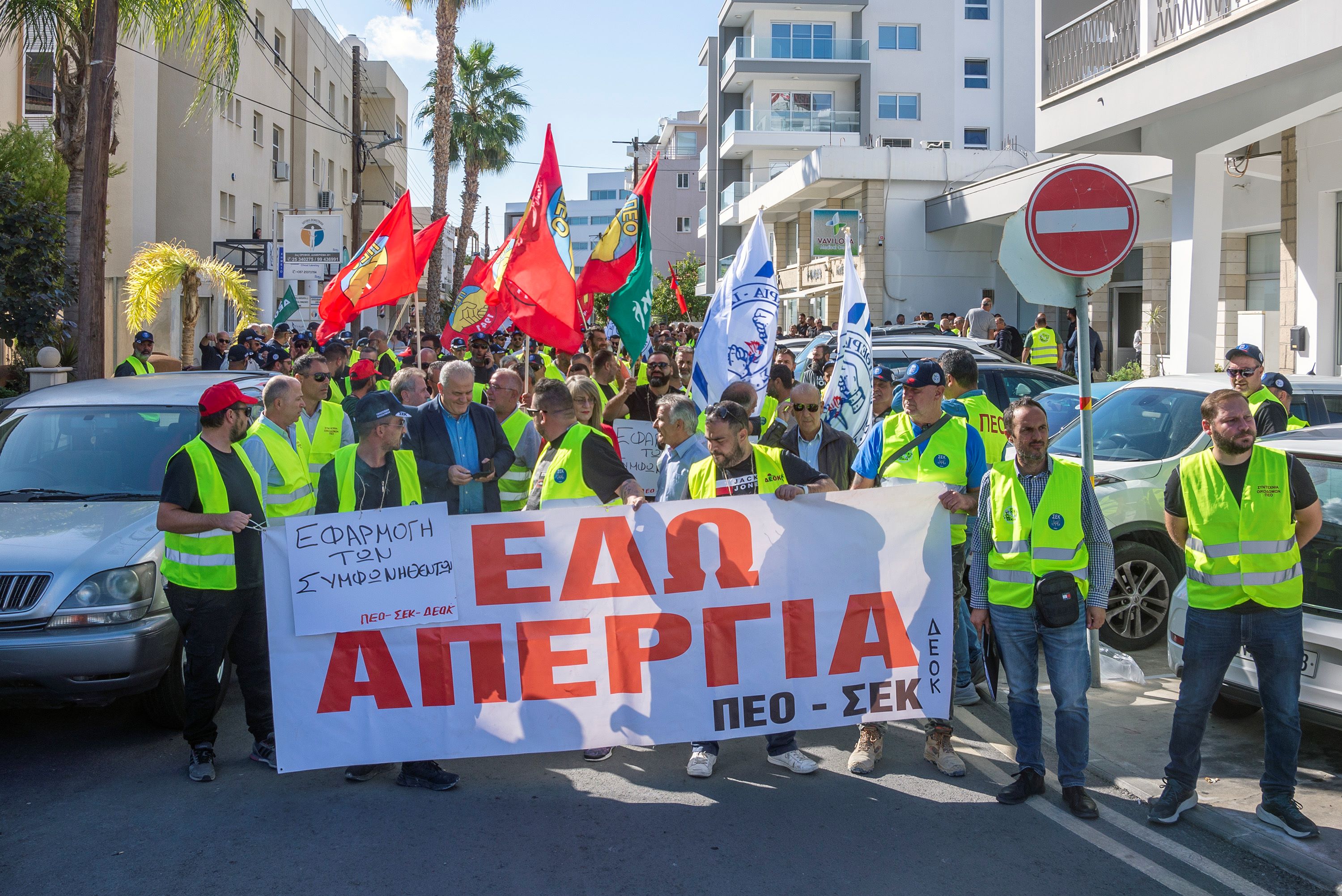The Federation of Employers and Industrialists (Oev) said the key challenges facing the Cyprus economy are the rationalisation of energy costs, containment of wages and ensuring the labour supply meets business needs. In an overview of the economy, released a week ahead of its AGM, the federation said it had submitted proposals and suggestions to ministries and “particular emphasis was placed on the peaceful renewal of collective agreements, focusing on the containment of labour costs and safeguarding the competitiveness of the Cypriot economy.”
How is it safeguarding the competitiveness of the economy when it supports the setting of wages through collective agreements? Agreeing to pay rises for entire sectors of the economy does not safeguard competitiveness but undermines it as it gives an advantage to the more robust businesses while imposing higher labour costs on the less profitable ones. The assumption that all businesses in a specific sector operate on the same level and can afford to offer the same pay rises is unrealistic and harmful to businesses that may be at an early stage of their development, in the process of restructuring, or going through difficulties.
Some could say that if a business cannot pay the wages decided through collective bargaining it should close down, but that is a flawed argument as a business could offer its workers non-pecuniary benefits as well as money incentives based on performance. The idea that all businesses in a sector must give the annual pay rise agreed with union bosses, regardless of its fundamentals, does not make sense.
Unions have been arguing that the European Commission supports collective agreements as a way of protecting workers, but it does not refer to entire sectors. The Commission refers to large organisations with more than 1,000 employees rather than entire sectors made up of dozens or hundreds of businesses. Cyprus has few big firms, which is why the unions insist that collective agreement negotiations should affect an entire sector. This gives them more bargaining power but puts small, less profitable businesses at a disadvantage, something that should concern Oev.
For some unknown reason, Oev, which should be the custodian of the free market and defender of all businesses, goes along with this. For example, it boasted in its overview of the economy that it had played a “decisive role” in resolving the dispute which caused a one-month strike in the ready-mixed concrete sector and affected all construction businesses. Construction was paralysed because collective negotiations were deadlocked. If each producer of ready-mixed concrete negotiated separately with unions there would not have been a strike across the entire sector.
Oev should refuse to play the pay negotiations game according the rules of the unions. Apart from putting some businesses in a weak position, it is also undermining rather than strengthening the economy’s competitiveness.






Click here to change your cookie preferences